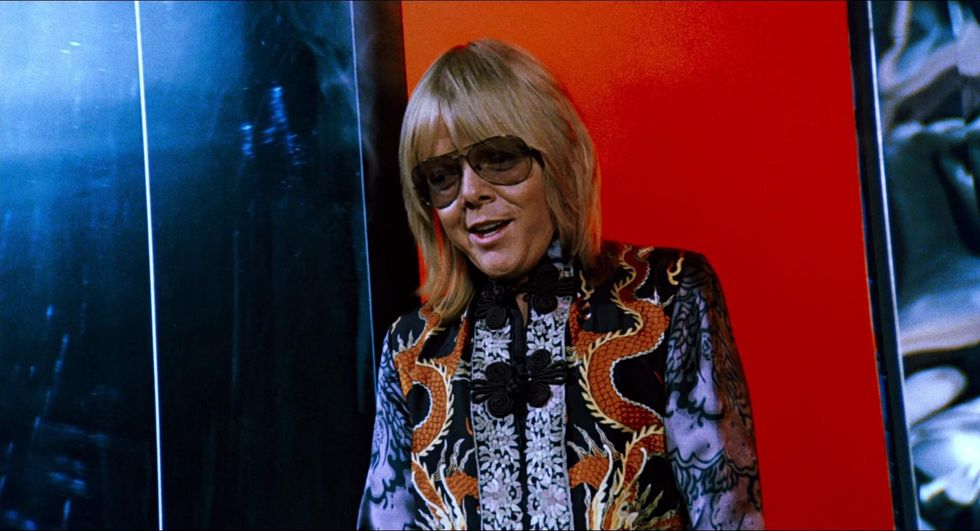
The Wolf of Wall Street
I was scrolling Reddit today and saw someone asking about production companies with "pay to play" practices. I was immediately terrified for this new generation of filmmakers who may be taken advantage of when it comes to these predatory practices.
But I also wanted to shed light on the contractual version of pay-to-play, which is completely cool. So, I decided a post would be our best option to tackle the topic.
Let's dive in.
Defining "Pay to Play" in Film and TV
In the film and TV industry, "pay to play" refers to a controversial practice where aspiring actors or filmmakers are asked to pay a fee in exchange for an audition, a role, or other opportunities that could advance their careers.
This practice is generally frowned upon by industry professionals and is exploitative.
Avoid "Pay to Play" At All Costs

Phantom of the Paradise
film-grab.com
Legitimate casting calls and auditions should not require any payment from the talent or the filmmakers. While actors might invest in headshots, acting classes, or demo reels to improve their chances, paying directly for a role or an audition is often a red flag.
Same with pitching. You should never pay anyone to pitch something.
"Pay or Play" Contracts
There's another meaning of "pay to play" within the industry, which refers to "pay or play" clauses in contracts.
These are agreements where a production company commits to paying an actor or director a certain amount, even if the project gets cancelled or their services are not ultimately used. This provides financial security for the talent and is a common practice for established professionals and is totally okay.
Lots of deals are done that way.
The concept of "pay to play" in film and television is a complex one, with both legitimate and questionable practices falling under the term.
While "pay or play" clauses protect established talent, aspiring actors and filmmakers should be wary of schemes that require payment for opportunities.
Let me know what you think in the comments.











